IN PHOTOS | ICGMS 2025: Delhi Metro hosts global dialogue on sustainable transport
Union Housing and Urban Affairs Minister Manohar Lal emphasised the shift towards renewable energy in metro systems, advocating for solar rooftops and regenerative braking to enhance sustainability. Speaking at the 5th International Conference on Green Metro Systems, he highlighted the urgency of transitioning away from thermal power to reduce pollution and combat global warming. (PICS/PTI)
Updated on : 18 February,2025 04:20 PM IST | Compiled by : Anisha Shrivastava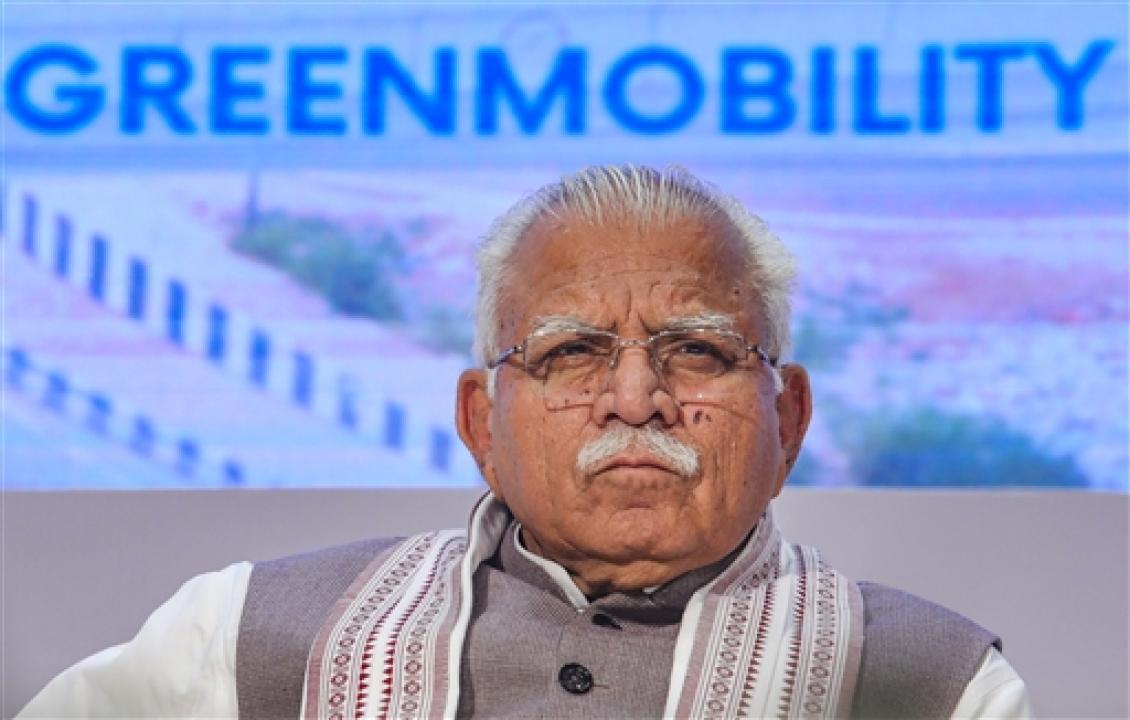
(PICS/PTI)
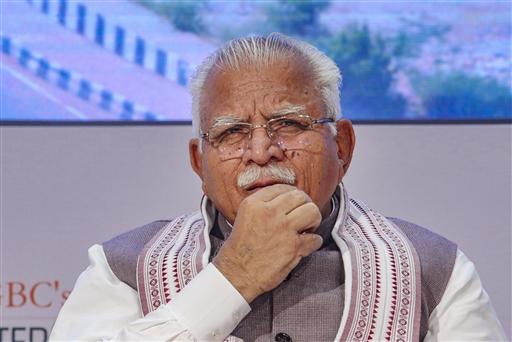
India has pledged to achieve net-zero emissions by 2070, with urban infrastructure, such as the Delhi Metro, playing a pivotal role in sustainable urbanisation. The minister credited the Delhi Metro for transforming the city’s mobility landscape, preventing excessive vehicular congestion and reducing carbon emissions.
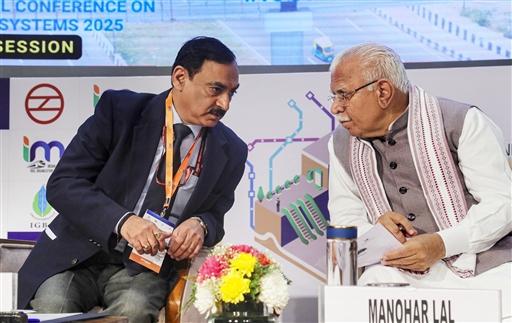
He stressed the need for metros across the country to source their energy exclusively from renewables, eliminating reliance on fossil fuels. Metro rail corporations in India have actively contributed to the green building movement, integrating energy-efficient technologies and solar power systems into their operations.
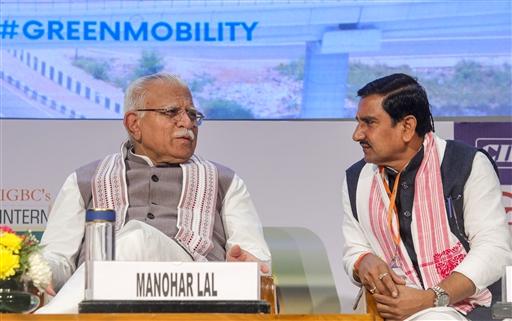
The Delhi Metro Rail Corporation has been a pioneer in adopting solar energy, significantly lowering its dependency on conventional power sources. Several Indian metro systems, including those in Bengaluru, Hyderabad, and Mumbai, have received IGBC certification for their commitment to sustainability.
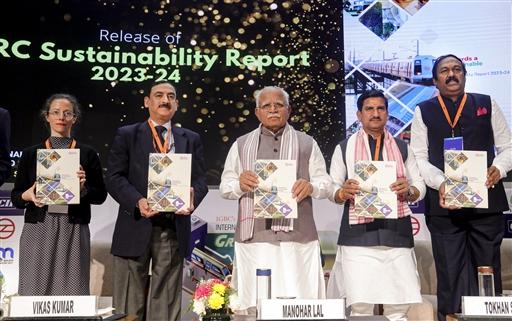
The conference witnessed the inauguration of India's first vertical bi-facial solar plant on a metro viaduct, designed to capture sunlight from both sides for optimal energy generation. A 1MW rooftop solar plant at Khyber Pass depot was also unveiled, marking another milestone in renewable energy integration within metro operations.
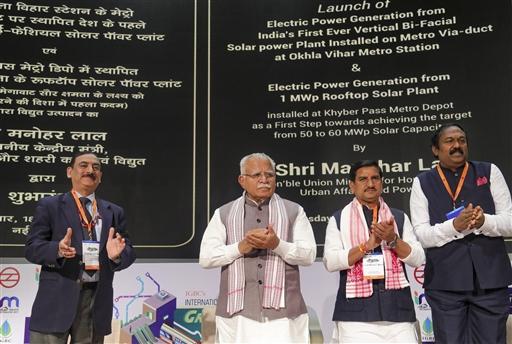
The CII Indian Green Building Council’s Green MRTS Rating System serves as a framework for assessing the sustainability of metro rail systems across India. The minister reiterated that technological advancements and responsible energy consumption are key to ensuring a greener, more efficient urban transport network.





